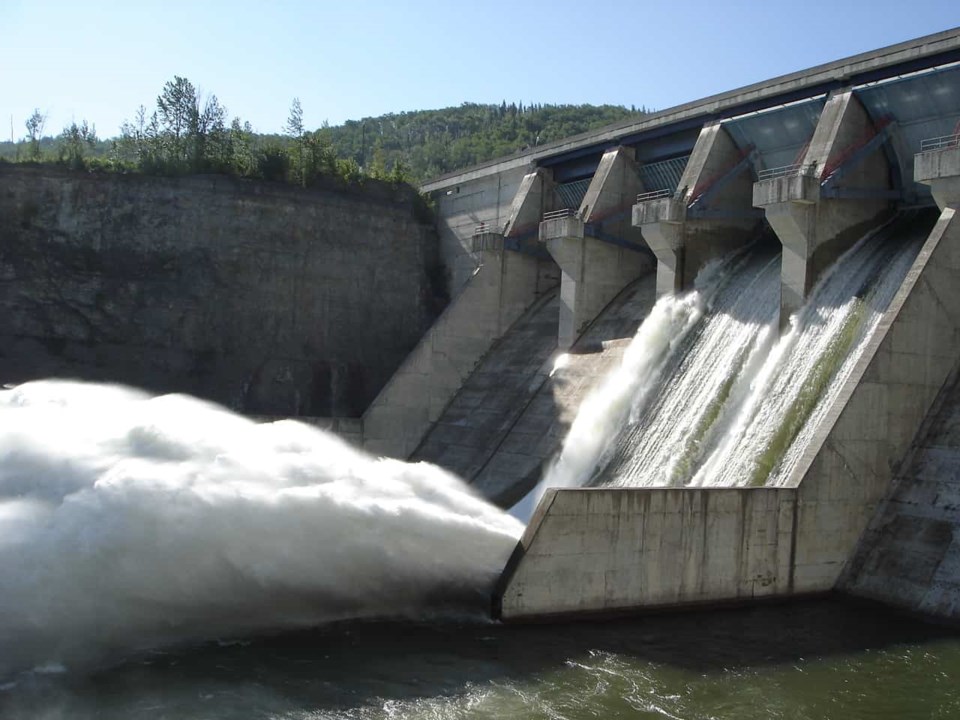The B.C. government and BC Hydro have launched an ambitious five-year plan to replace natural gas in buildings for heating, and gasoline and diesel for transportation, through electrification.
BC Hydro and the ministry of Energy, Mines and Low Carbon Innovation have announced $260 million over five years to implement the plan. The bulk of that funding -- $190 million – will be to promote fuel switching in homes, buildings and industry, and electric vehicle charging.
For homes, fuel switching would most likely be accomplished by incentivizing homeowners and businesses to switch from natural gas to heat pumps, which can provide both heat in the winter and air conditioning in the summer.
The funding also includes $50 million to attract new industries to B.C. that use clean hydro power, instead of fossil fuels.
Perhaps ironically, B.C. is Canada’s largest producer and soon-to-be biggest exporter of liquefied natural gas, which it will ship to the world once the $43 billion dollar LNG Canada export terminal and pipeline network completes in the northeast of the province.
The B.C. government estimates that almost 70 per cent of end-use energy in B.C. comes from fossil fuels -- natural gas, gasoline and diesel. The power produced in B.C. is 98 per cent renewable, coming mainly from hydro-electric dams, run-of-river and some wind power. Displacing fossil fuels with clean electricity could result in significant greenhouse gas emission reductions.
“If actions in the plan are fully realized, it will result in incremental greenhouse gas (GHG) emission reductions of more than 930,000 tonnes per year by 2026,” the government says in a news release. “That is equivalent to taking approximately 200,000 passenger vehicles per year off the road.”
"Working together with BC Hydro, we will help more people and businesses become less reliant on fossil fuels and use more affordable, made-in-B.C. hydroelectricity,” Premier John Horgan said in a release.
Increasing the use of BC Hydro power will mean more revenue for BC Hydro, which the government says could reduce electricity rates.
“BC Hydro estimates that if the electrification plan is fully realized, customer rates will be about 1.6 per cent lower by 2026 compared to what they would be if there were no plan,” the government news release states.
"Working together with BC Hydro, we will help more people and businesses become less reliant on fossil fuels and use more affordable, made-in-B.C. hydroelectricity,” said B.C. Environment Minister George Heyman.
“As a clean-energy powerhouse, we have a huge opportunity to tackle the climate crisis while building a stronger and more resilient B.C. - for everyone."



